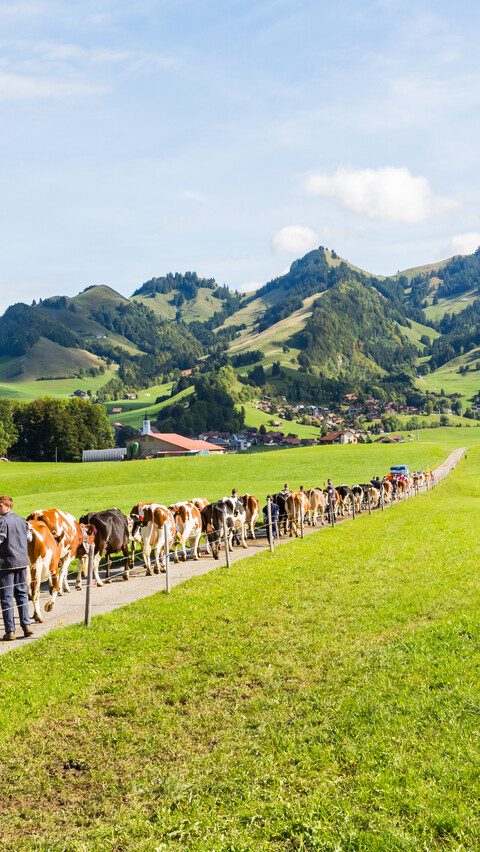
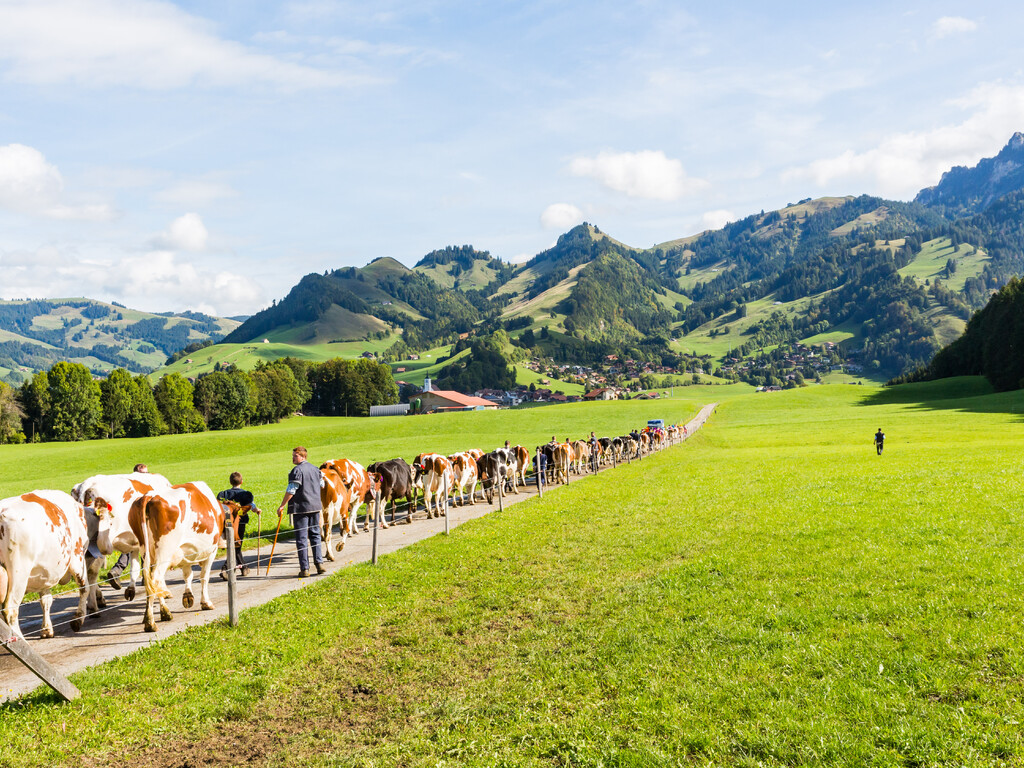
Cleantech - Biodiversity
Maintaining biodiversity and developing sustainable agriculture
The world of agriculture is up against formidable challenges: population growth, climate change and shifting consumer demands. It must adapt quickly. While preserving biodiversity is crucial for maintaining climate balance and ecosystem stability, responding to the growing demand for sustainable foodstuffs means exploring new production and distribution methods. Innovation is therefore essential if we are to reconcile productivity, sustainability and environmental protection, thereby guaranteeing global food security.
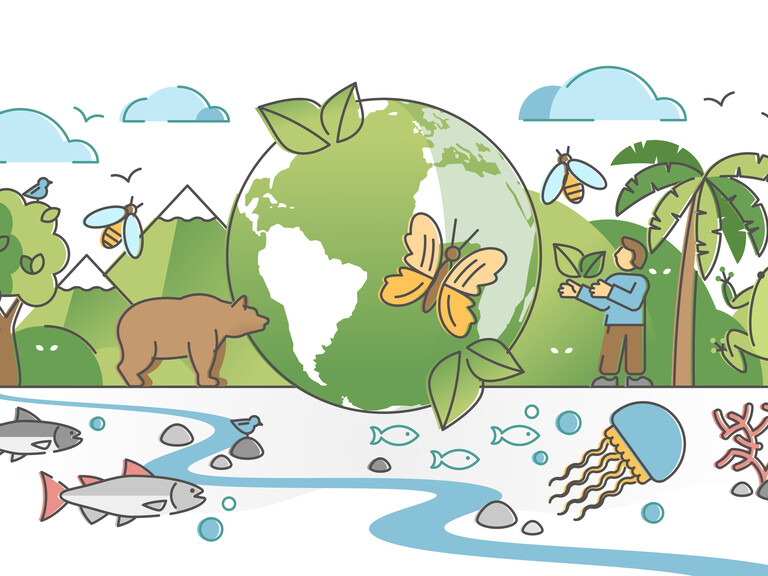
Despite Switzerland’s pioneering environmental protection legislation, the country’s biodiversity is at risk, with half of its ecosystems and a third of its species endangered. Harnessing the full potential for progress is crucial to preserving the environment while ensuring food security and economic viability. This is the context in which Swiss companies are developing solutions to promote societal sustainability and resilience. Agriculture and the agri-food industry are converging, blurring traditional boundaries along the food value chain. The emergence of urban agriculture, particularly through practices such as aquaponics and vertical farms, offers innovative responses to today’s challenges. In parallel, impressive progress has been made in plant-based alternatives for protein production, reducing our food’s environmental footprint. This development is part of a transition towards healthy, sustainable food, linked to the emergence of the bioeconomy, which promotes circular and responsible food production, reducing waste through biological solutions.
With this in mind, the agri-tech/agri-food sector needs to explore every opportunity to optimise and thereby ensure the competitiveness and sustainability of food production. Put to use for agricultural purposes, technologies such as automation, digitalisation, robotisation and sustainable water management are playing a key role in this transformation. Precision farming, which encourages the responsible use of pesticides, is a major trend. Powered by technologies such as drones and artificial intelligence, it reduces environmental impact and enhances biodiversity. The Swiss Future Farm (SFF) in Tänikon, coordinated by Agroscope (the federal government’s competence centre for agricultural research), offers an experimental platform unique in Europe that focuses on digitalisation in agriculture.
3D2Cut
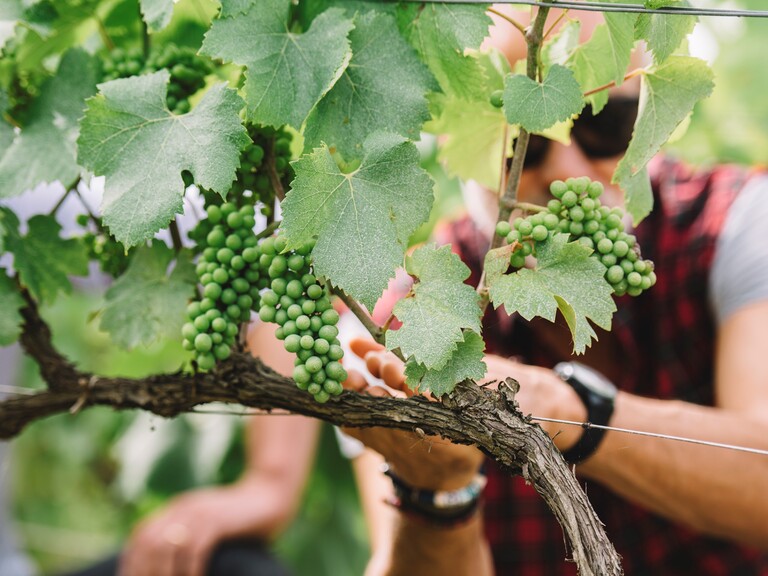
An AI pruning assistant for reducing fruit tree mortality
Given that more than a quarter of the world’s vines are non-productive, the effects of climate change and wood diseases have become major obstacles for the wine industry. Although these impacts are difficult to avoid in the short term, they can be greatly reduced by proper vine-pruning techniques. Pruning vines is a crucial stage in viticulture, as it has a direct impact on the vitality of the plants, their life expectancy and their ability to produce fruit. Proper pruning enables the vine to combat external environmental factors more easily and reduce non-productivity by a factor of five. With this in mind, 2019-founded start-up 3D2cut has developed a revolutionary solution: a new AI-based technology that can turn anyone into a vine pruning expert. Using software embedded in cameras, smartphones and augmented reality glasses, 3D2cut’s system identifies each part of the vine, assesses its vitality, strength, ability to heal, etc. and advises the user on the best cut. This analysis, which could take an expert more than 10-15 seconds, can now be completed in less than a second by a novice.

Aqua4D
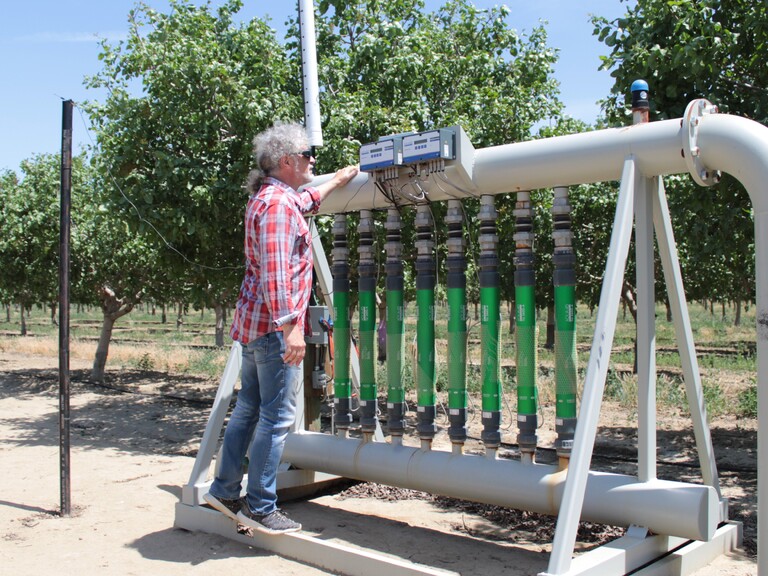
Clean Irrigation Water Treated with Electromagnetic Waves
Aqua4D has developed a water treatment technology without chemicals, using electromagnetic waves to rearrange the structure of the water molecules, thereby reducing the surface tension and boosting penetration into the soil. It all revolves around the cylinders, where the water enters and is exposed to electromagnetic waves, before coming out transformed, ready to irrigate the fields efficiently. Aqua4D is already being used successfully in more than 45 countries – including Brazil, Chile, Costa Rica, Spain and Tunisia – where it is used on farms for crop irrigation and as drinking water for livestock, as well as in residential buildings (sustainable protection of the water distribution network). Farmers using Aqua4D technology can save up to 30% of water. Not only that, they have access to water of a superior quality, which has a positive impact on their production.

Wingtra
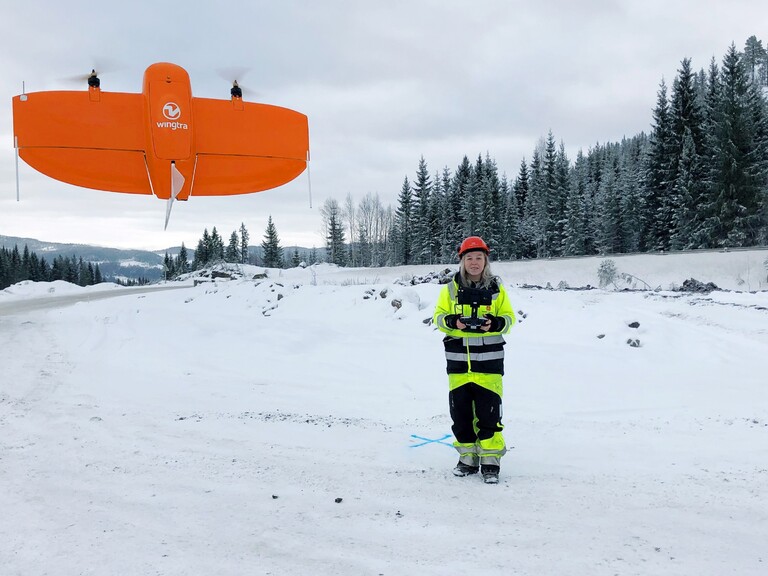
A High-Tech Drone to Better Understand Crop Health
The vertical take-off and landing drone made by Wingtra provides a number of benefits. Among other things, it enables you to monitor crops quickly and efficiently, identify water stress in certain plants, create treatment plans and monitor the growth of plantations. The drone is equipped with a high-resolution camera (up to 42MP) and multispectral sensors, which together provide aerial readings of unparalleled image quality and precision. The device can thus identify problems on crops to an accuracy of up to one centimetre, enabling producers to better target plant protection treatments, in some cases salvage harvests and reduce crop monitoring costs.

Vatorex
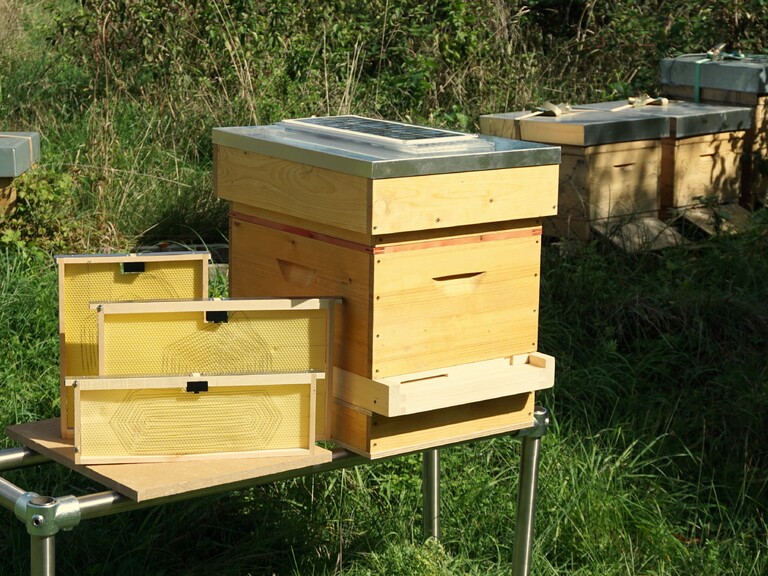
Protecting and Sustaining Bee Colonies
Vatorex has developed an alternative to chemicals to combat varroa mites, the main parasite responsible for the loss of many bee colonies. The system is a simple one based on the principle of heat treatment (hyperthermia), using a heating wire inserted into the wax foundations. The bees can withstand higher temperatures than the mites, which die at 39 to 42°C. Beekeepers, whether amateur or professional, can thus dispense with acid or miticide treatments and thereby protect biodiversity. Vatorex’s pragmatic solution is already being used in about ten European countries, most widely in Austria, France, Germany and Serbia.
